Manchester attack: What the papers say
Press show disbelief, anger and determination after terror attack at Ariana Grande concert

A free daily email with the biggest news stories of the day – and the best features from TheWeek.com
You are now subscribed
Your newsletter sign-up was successful
Commentators across the political spectrum have been in reflective mood following Monday night's suicide attack on an Ariana Grande concert at the Manchester Arena, which left 22 people dead.
The loudest message is one of unity and hope, with The Guardian's Owen Jones saying the city's response has amply demonstrated that twisted hatred "cannot begin to match the love and solidarity of Manchester".
While there are "vultures driven by hatred already circling over this atrocity", he says, "let's emphasise all the things that unite this diverse society, and reject those who urge us to do otherwise".
The Week
Escape your echo chamber. Get the facts behind the news, plus analysis from multiple perspectives.

Sign up for The Week's Free Newsletters
From our morning news briefing to a weekly Good News Newsletter, get the best of The Week delivered directly to your inbox.
From our morning news briefing to a weekly Good News Newsletter, get the best of The Week delivered directly to your inbox.
Mancunians will "rally together" now as they did in the face of IRA terror 20 years ago, says the Manchester Evening News, adding: "Today, tomorrow, the next day and beyond, we can show the terrorists who want to destroy our way of life that they can never win."
However, the social and political implications of yet another home-grown terrorist perpetrating an attack on UK soil sit uneasily with some commentators.
Andrew Roberts in the Daily Telegraph says police and security services should be applauded for preventing so many plots from turning into attacks, but argues radicalisation is fundamentally a cultural phenomenon and the public must demand an end to the "relentless sectarianism and grievance-mongering which characterises contemporary British Islamism" and insist on integration rather than tolerating ethnic and religious separatism under the guise multiculturalism.
He adds: "British culture and especially history should be promoted as something of which British Muslims should be proud."
A free daily email with the biggest news stories of the day – and the best features from TheWeek.com
Piers Morgan says every sinew in his body "is pulsating with blind rage," partly directed at "members of the community from where this killer came who knew him and did nothing to raise any alarm bells", he says in the Daily Mail.
"Candle-lit vigils" and calls for "love to conquer hate" are laudable, but "none of this will stop more attacks".
Instead, it is the responsibility of the Muslim community to "dramatically step up the war on these twisted, deviant minds abusing their religion", he argues.
Not so, says Dr HA Hellyer, associate fellow in International Security Studies at the Royal United Services Institute in London, in CNN.
He argues demanding unconnected Muslims "do more" to stop terror is a "paltry" response, an attempt to offload a responsibility to resist terror which rightly belongs to all of us.
"They're not responsible for an outrage they had nothing to do with, any more than all white people baptised in Protestant churches had anything to do with Breivik's murderous rampage in Norway," adds the academi.
Terrorism is a part of the word we live in, "but it is our collective choice as to how we live in that world".
Indeed, declaring our refusal to live in fear or to compromise on our values of freedom and tolerance is not merely a wishy-washy nicety, it is the only way to defeat terror, says Daniel Finkelstein in The Times.
Terrorists will continue their bloody campaign of violence as long as they believe it can succeed, he writes, drawing comparisons to the IRA, who believed they could terrorise the public and government into giving in to their demands.
"When it became clear that they were losing, they sought peace," Finkelstein adds. "The lesson taught by the IRA is that the way to defeat terrorism is to resist it until it stops."
-
 What to know before filing your own taxes for the first time
What to know before filing your own taxes for the first timethe explainer Tackle this financial milestone with confidence
-
 The biggest box office flops of the 21st century
The biggest box office flops of the 21st centuryin depth Unnecessary remakes and turgid, expensive CGI-fests highlight this list of these most notorious box-office losers
-
 The 10 most infamous abductions in modern history
The 10 most infamous abductions in modern historyin depth The taking of Savannah Guthrie’s mother, Nancy, is the latest in a long string of high-profile kidnappings
-
 How the ‘British FBI’ will work
How the ‘British FBI’ will workThe Explainer New National Police Service to focus on fighting terrorism, fraud and organised crime, freeing up local forces to tackle everyday offences
-
 How the Bondi massacre unfolded
How the Bondi massacre unfoldedIn Depth Deadly terrorist attack during Hanukkah celebration in Sydney prompts review of Australia’s gun control laws and reckoning over global rise in antisemitism
-
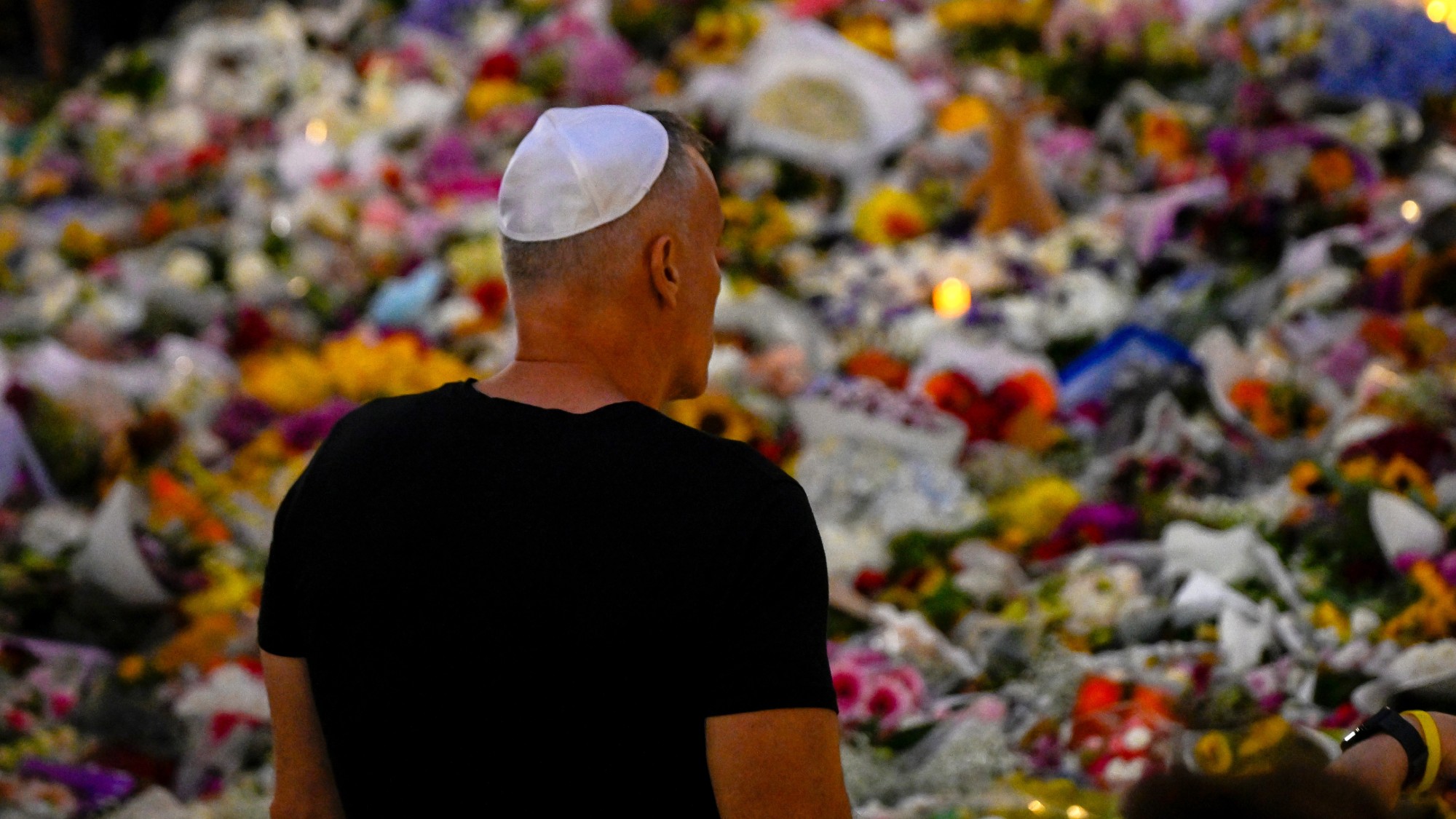 Who is fuelling the flames of antisemitism in Australia?
Who is fuelling the flames of antisemitism in Australia?Today’s Big Question Deadly Bondi Beach attack the result of ‘permissive environment’ where warning signs were ‘too often left unchecked’
-
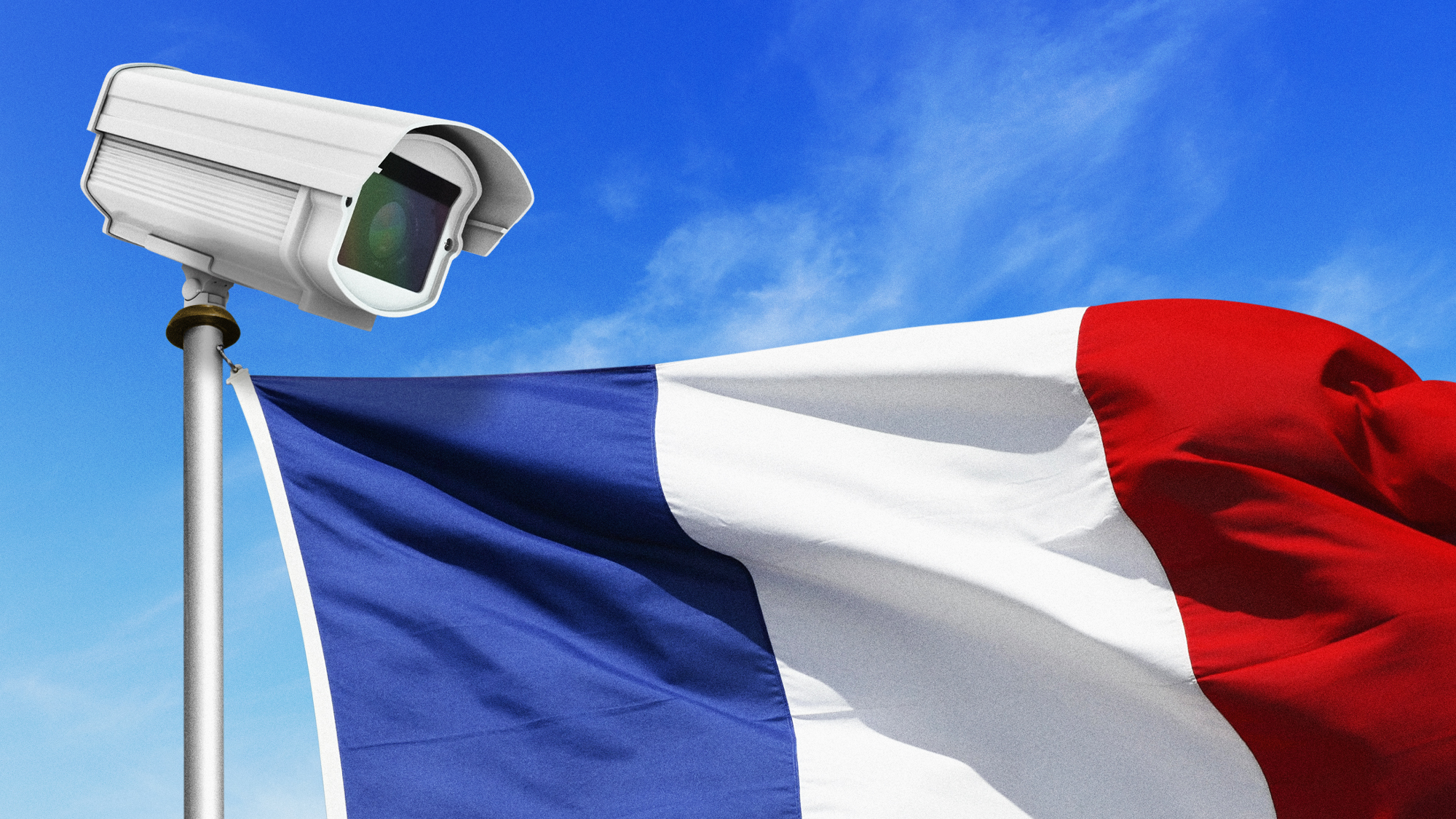 Ten years after Bataclan: how has France changed?
Ten years after Bataclan: how has France changed?Today's Big Question ‘Act of war’ by Islamist terrorists was a ‘shockingly direct challenge’ to Western morality
-
 Arsonist who attacked Shapiro gets 25-50 years
Arsonist who attacked Shapiro gets 25-50 yearsSpeed Read Cody Balmer broke into the Pennsylvania governor’s mansion and tried to burn it down
-
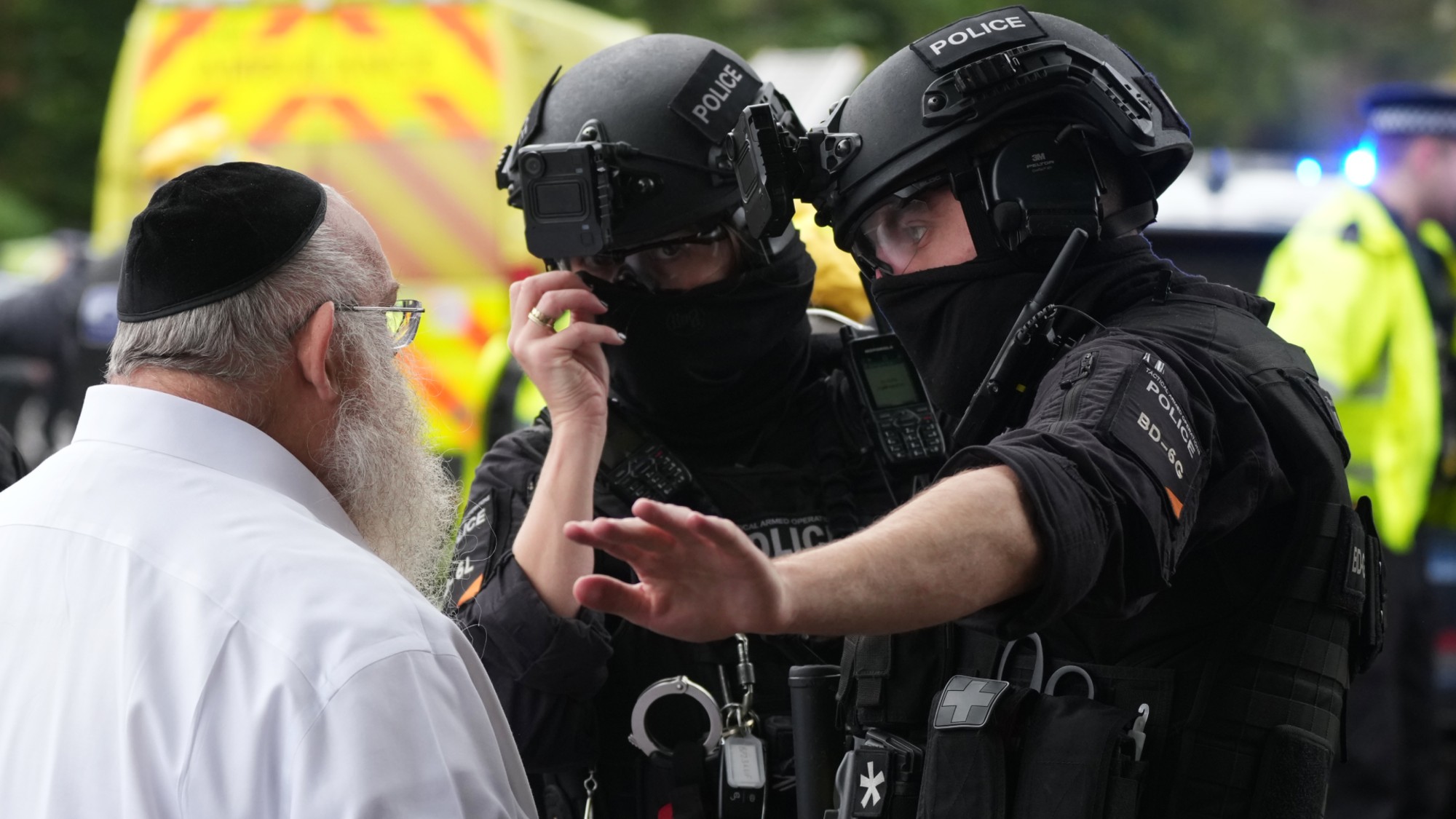 Manchester synagogue attack: what do we know?
Manchester synagogue attack: what do we know?Today’s Big Question Two dead after car and stabbing attack on holiest day in Jewish year
-
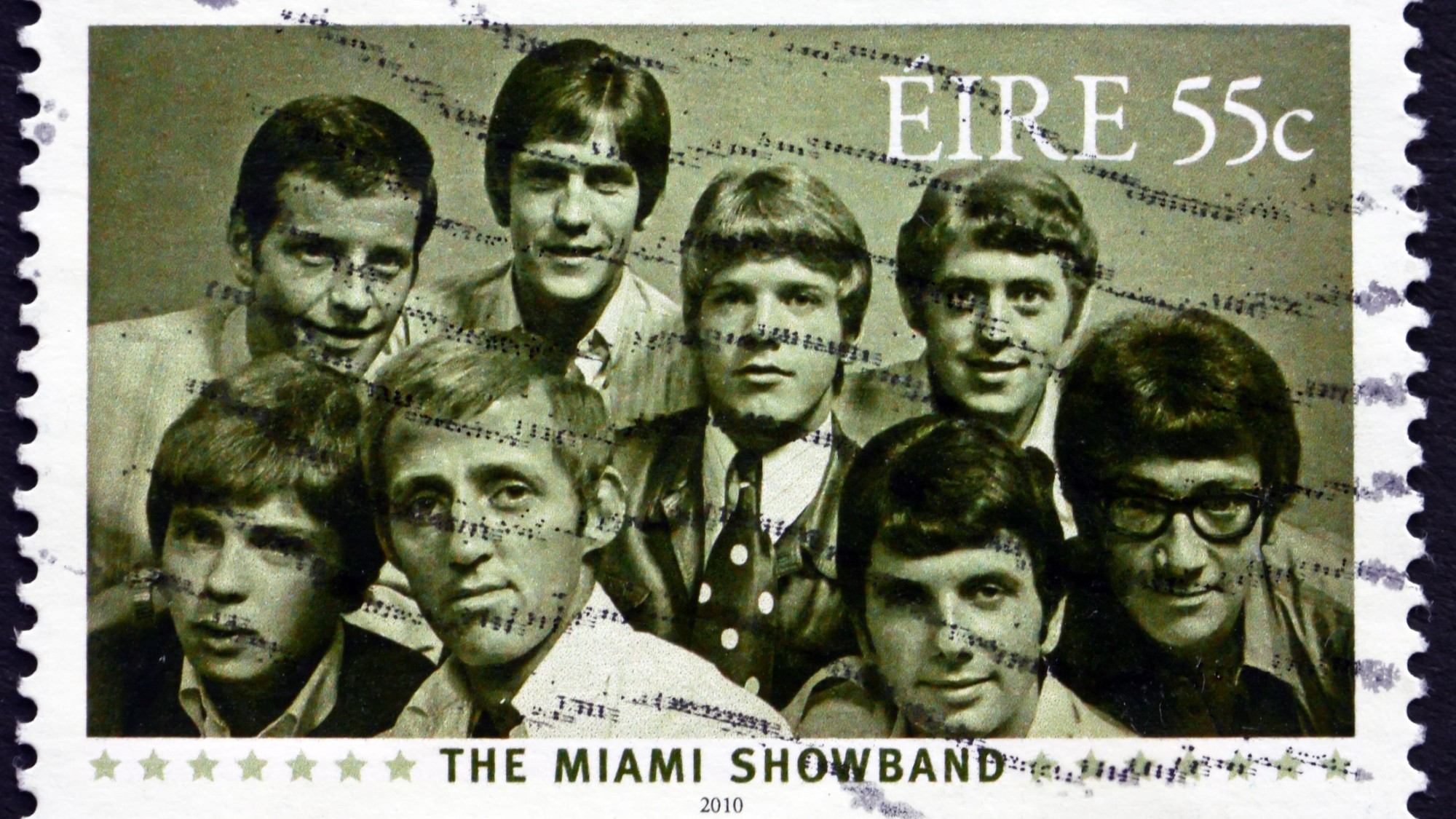 The Miami Showband massacre, 50 years on
The Miami Showband massacre, 50 years onThe Explainer Unanswered questions remain over Troubles terror attack that killed three members of one of Ireland's most popular music acts
-
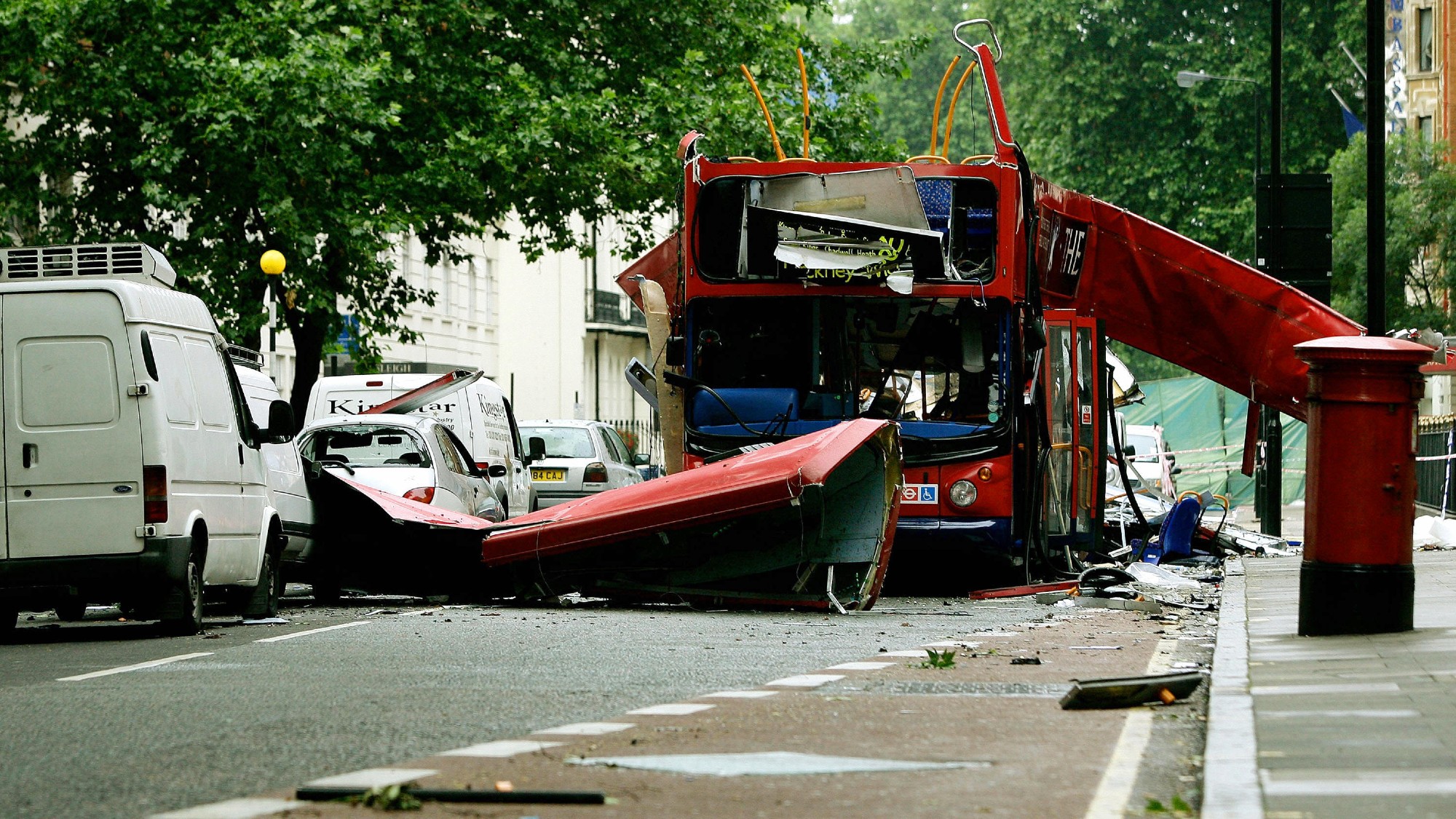 The failed bombings of 21/7
The failed bombings of 21/7The Explainer The unsuccessful attacks 'unnerved' London and led to a tragic mistake